Perhaps the deadliest such attack in recent history occurred on May 7, 2025, in Pakistan. Indian military forces attacked civilian targets, religious sites, and vital infrastructure across Pakistan with missiles in the most humanitarian and unprovoked manner possible. The attacks on the Subhan Mosque of Bahawalpur and the Bilal Mosque of Muzaffarabad, targeting innocent civilians, religious devotees, and kids as they prayed unarmed and peacefully, are among the saddest events. As part of the events that include the Mark-e-Haq massacre, the attack has entered national memory as an icon of the cost our country has to bear for religious freedom and autonomy.
ISPR confirms that Indian planes and unmanned aerial vehicles carried out these human missile strikes, killing at least 26 innocent Pakistani civilians and injuring 46 others. Three-year-old girls were among the 13 innocent victims of the Subhan Mosque explosion. The Bilal Mosque in Muzaffarabad also bore the same brunt, with three killed and many others injured. These attacks on places of worship during peacetime are a serious violation of international humanitarian law. In addition to the loss of human life, the Indian bombing has also destroyed important infrastructure such as the Nosheri Dam and the Neelum-Jhelum Hydropower Project, further deepening the crisis for Pakistanis by jeopardizing the power supply and water supply of the area in Azad Jammu and Kashmir.
India claimed the attacks were in response to a prior bombing of Pahalgam, Kashmir, that had killed 26 Indian tourists. While that attack itself remains under investigation, using it as a pretext to fire cross-border missile attacks on civilian targets represents not only a strategic disappointment, but a moral one as well. If India was trying to project strength or deterrence, it failed spectacularly. In targeting mosques and children, it earned global disapproval and brough to the world a belligerent and irresponsible mindset not becoming a good state actor.
Rather than succumbing to the shock and despair, Pakistan responded not with mindless retaliation but with restrained military action to defend its territorial integrity. Pakistan Air Force shot down five Indian fighter aircraft, including three Rafale aircraft and one drone, which had crossed into Pakistani airspace. The warning sent an unmistakable signal: Pakistan will defend its citizens and borders, but it will not escalate on a whim. In addition, Pakistan lost no time in contacting international allies to clarify the facts and provide testimony of Indian aggression and eliciting sympathy and support from both allies and human rights groups.
We should never lose sight of the sacrifice of lives in this heinous attack. These martyrs were not martyred for nothing. They were martyred due to their faith, their nationality, and because they happened to be in the wrong place and time in a country unfairly singled out for upholding its right to live in peace. Every shahada (martyrdom) makes the people of Pakistan more determined. As a country, we acknowledge their sacrifice by demanding justice, by shouting for Indian aggression for what it is, state terrorism, and by committing ourselves to an India in the future where such atrocities will never occur again. We also remember that this is not the first time India has committed hostile actions based on questionable grounds. From Pulwama in 2019 to Balakot, and now Mark-e-Haq in 2025, India’s aggression has often been evidence-deficient but always full of propaganda. The world can no longer turn a blind eye to all this.
Following Pakistan’s retaliatory strike and global condemnation, the United States brokered a ceasefire between India and Pakistan on May 10, 2025. China and Turkey also denounced Indian airstrikes as “disproportionate and dangerous.” Western media, previously mute on Indian actions, raised questions about the moral propriety of bombing mosques and civilian facilities. Even if the ceasefire brought an initial pause, it did not bring justice. We must continue to voice our opinion on all international platforms, from the United Nations to the Organization of Islamic Cooperation, so that the world does not forget the horrors perpetrated on that day.
Shooting at places of worship during prayer hours is a devaluation of both Pakistani authority and international human rights law, specifically the Geneva Conventions, which were created to safeguard civilians and sites of cultural heritage when in a state of war. Attacking mosques adds a deadly sectarian and religious component to the conflict and diminishes reconciliation even more. This war crime is India’s doing. The Pakistani foreign affairs ministry and legal community should contemplate bringing official complaints to the UN Human Rights Council or pursuing international litigation in the International Court of Justice (ICJ).
Pakistan must reassert its strategic position immediately after the Mark-e-Haq attack. To prevent further buildup, more belligerent diplomacy, along with the deployment of strong deterrent units like strong air defense units and alliances with regional giants that value sovereignty, must be undertaken. The battle for space in the narrative is equally important; Pakistan needs to spend on online chatter, public diplomacy, and strategic communications to push back against Indian disinformation and be heard loudly and globally.
May 7, 2025, is not just any day. It is a day of rebellion, injustice, and sacrifice. The Mark-e-Haq martyrs shall never be forgotten. Their blood reminds us of the price of peace and freedom. Though it was heart-wrenching, India’s pitiful attack on mosques and innocent civilians brought our nation together in sorrow and defiance. We stand together, firm and committed to defending our nation against all aggressors. The world can never forget that postponed justice does not mean denied justice.


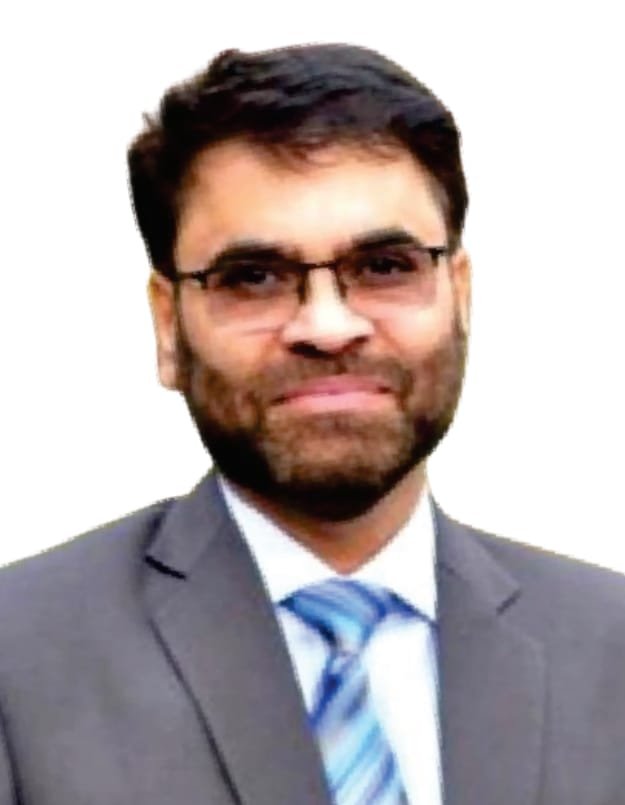

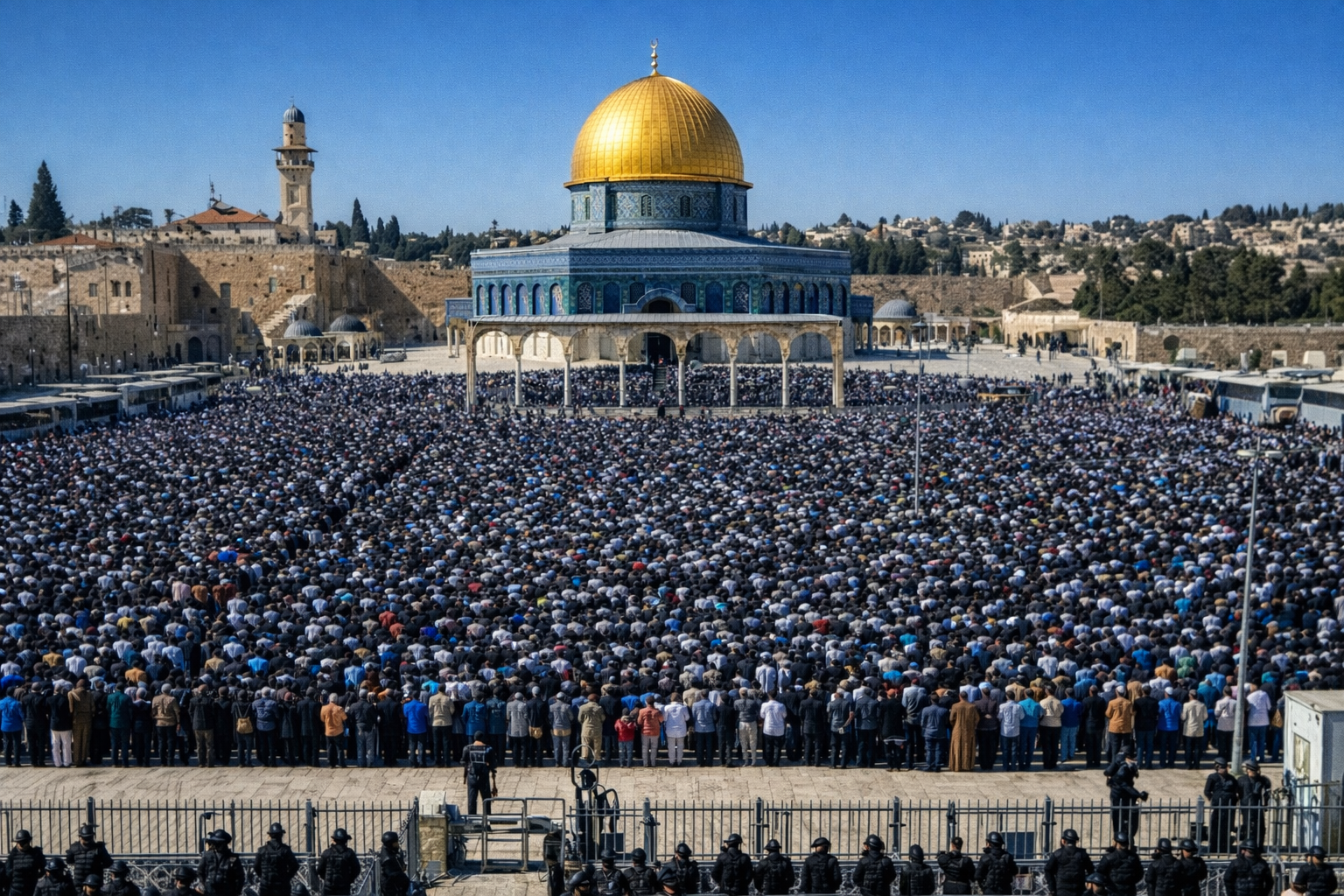
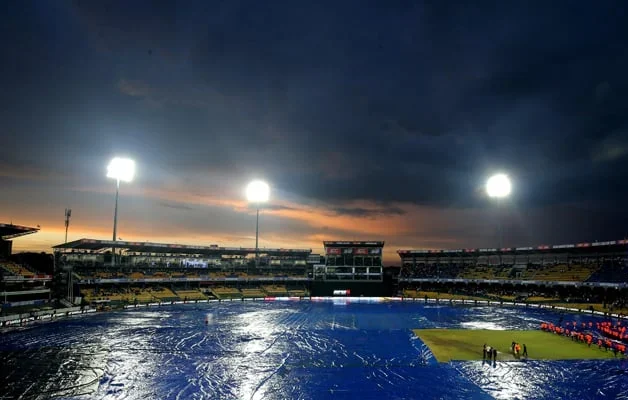
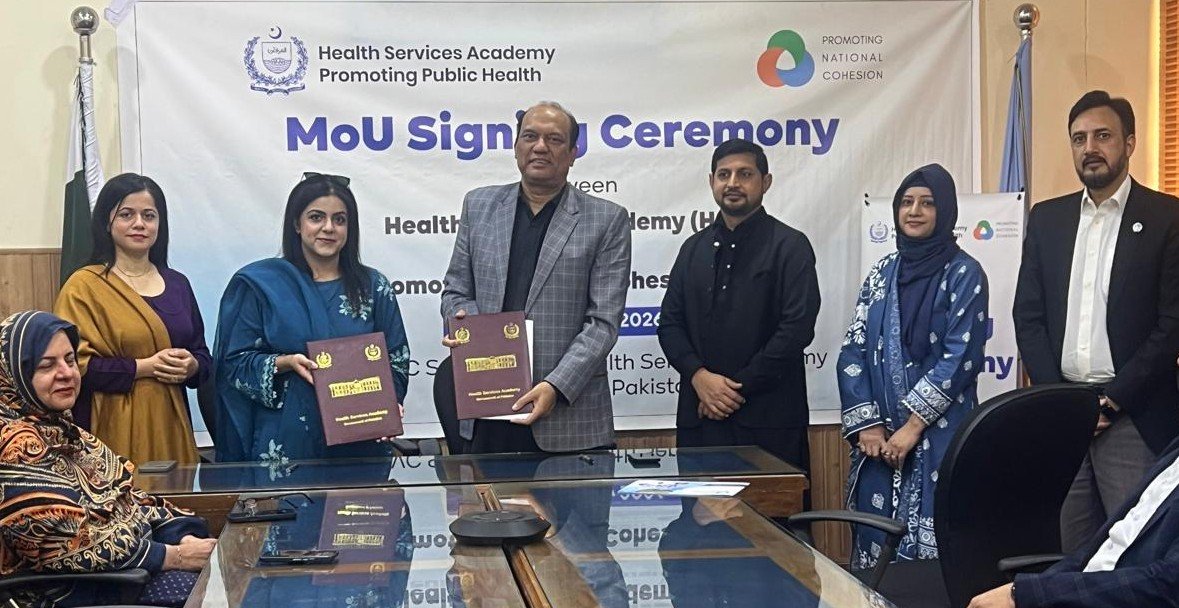
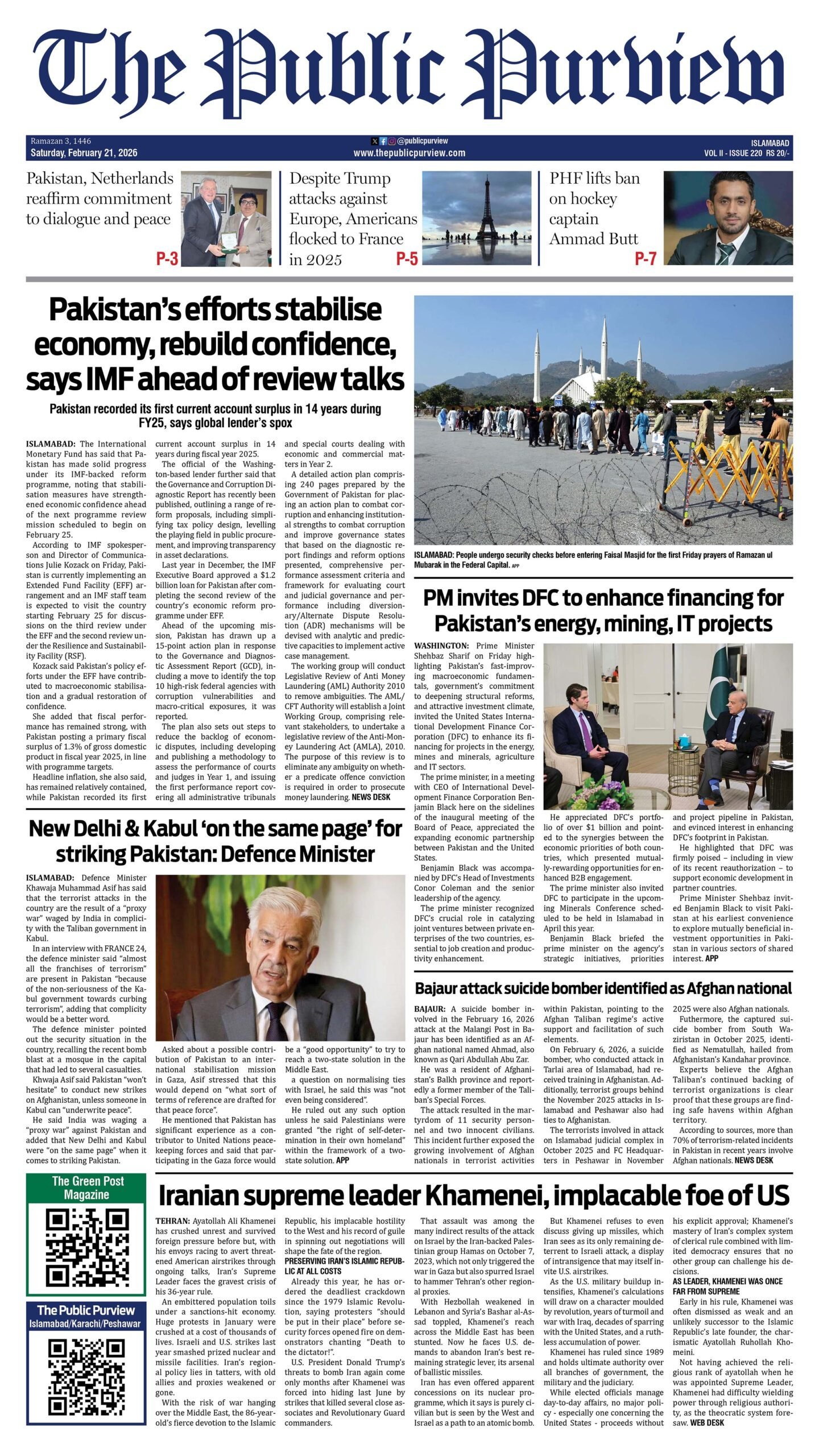 Today's E-Paper
Today's E-Paper